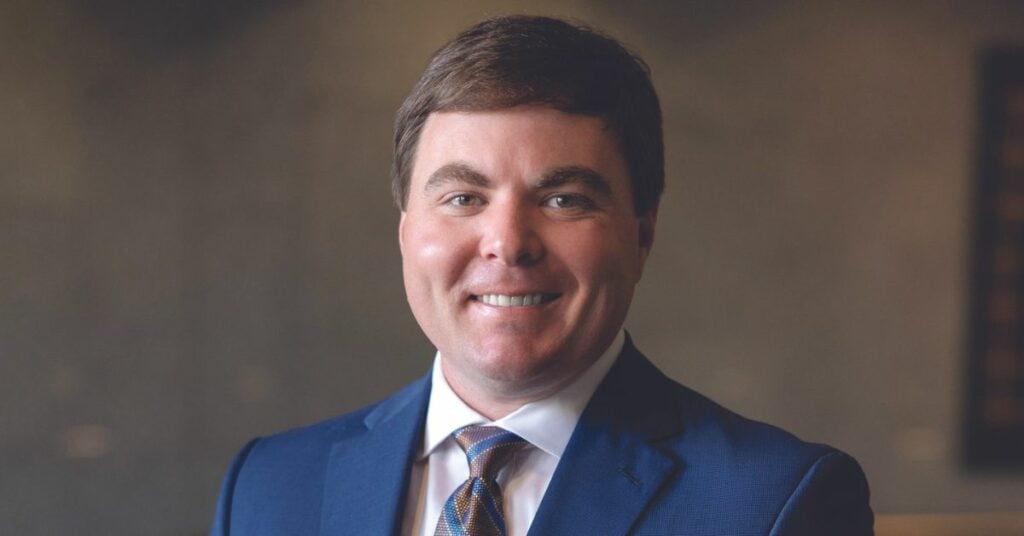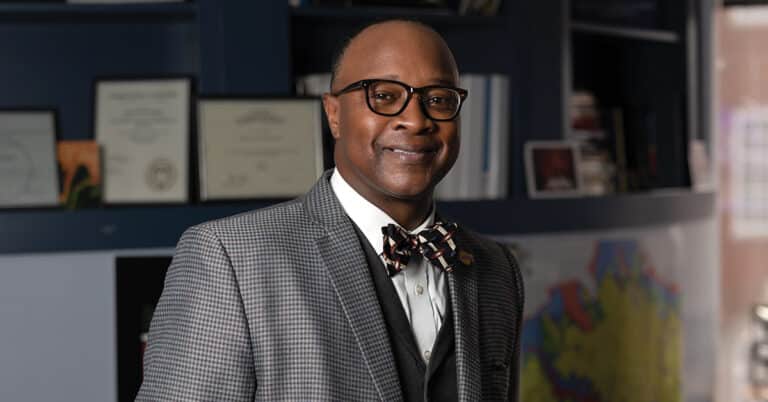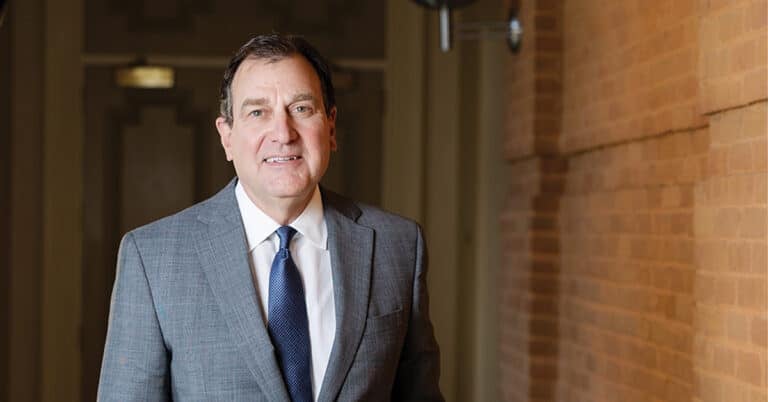In his first year as the CEO of Manufacture Alabama, Jon Barganier is dedicated to safeguarding the interests of the state’s manufacturers and their partner industries by providing strategic leadership to the association while overseeing the day-to-day operations.
But Barganier’s commitment isn’t confined to the boardroom. He also upholds the association’s mission to maintain a conducive business and political climate that promotes opportunities for growth within Alabama’s manufacturing landscape.
What are the main responsibilities of your new role with Manufacture Alabama?
In addition to providing strategic leadership to the association, I also manage the day-to-day operations of our office and staff. Additionally, I serve as the association’s principal lobbyist and spend time collaborating with state legislators, members of the Executive Branch, our Congressional Delegation and other business trade groups who share similar interests.
What first drew you to association and advocacy work?
When I first started out, I never expected to work on behalf of manufacturers or any other industry for that matter. I spent the first 12 years of my career in state government working for three different governors and along the way had opportunities to interact with many different trade groups. I have always appreciated the value that associations provide to their members, and I enjoy working in organizations that can make a significant positive impact. The association and advocacy work at Manufacture Alabama certainly provides that opportunity.
What’s the No. 1 challenge Manufacture Alabama faced this year, and how did you and your team manage it?
Our state’s labor force participation rate is currently at 57%, which is one of the lowest in the country. All businesses need more workers, and the manufacturing industry is no exception. We’ve identified several barriers that are preventing people from entering or reentering the job market. One of the main concerns we have heard consistently is in relation to childcare affordability and accessibility for working parents. We are bringing an effective solution to address this issue in 2024 in the form of legislation that we feel confident will help address the childcare challenges and increase the number of individuals entering the workforce.
What does leadership look like to you?
Leadership is about motivating others to move towards a common goal. I believe motivation starts with effective communication. A leader must maintain an open dialogue with his or her colleagues to build trust and cultivate the appropriate working relationships which are key to the success of an organization.
What’s the most fulfilling aspect of your work?
I often share with people that I believe manufacturing is characteristic of the best of what Alabama has to offer. Our industry represents over 275,000 hard-working men and women and more than a $40 billion annual economic impact to the state. Those significant numbers are certainly a motivating factor, and I look forward to coming to work each day to support the needs of our robust and growing industry. I appreciate the opportunity to tour manufacturing facilities and build relationships with our members. I also enjoy working with various government officials and the strategy of agenda development and implementation for each legislative session.
What do you hope to accomplish in your first year as President and CEO?
My goal is to continue to grow our membership and find additional ways to provide value through our government affairs and programmatic efforts. My predecessor, George Clark, founded our organization and has left very big shoes for me to fill. I look forward to leading Manufacture Alabama in 2024 with a first-class team as we continue to build on the foundation George established.
Personal Matters:
- What’s your favorite business podcast? I frequently listen to the Business Wars podcast. It’s fascinating to learn about the history of some of the world’s most well-known companies and their challenges as they built their businesses from the earliest days into what we now know of them.
- If you weren’t on your current career path, what would you be doing? I’ve always enjoyed working in and around state government, so I’m fortunate that I’m doing exactly what I’ve always wanted to do in my career. However, if I wasn’t where I am today, I think I’d enjoy working in the front office of a professional sports team in the NFL or MLB.
- If you could have dinner with anyone, dead or alive, who would it be? I would enjoy sitting down with one of my long-lost relatives, William Barganier. He and his family decided to leave France in the early 1700s for the American colonies prior to the founding of our country. I would be interested in the stories of their journey and what led them to leave their home for another life so far away.
- What do you do when you’re not at work? I spend as much time with my family as I possibly can. I have been blessed to be able to coach both of my boys in various sports. I’ve always preferred to be outside playing golf or tennis, doing yard work or traveling with my wife.







